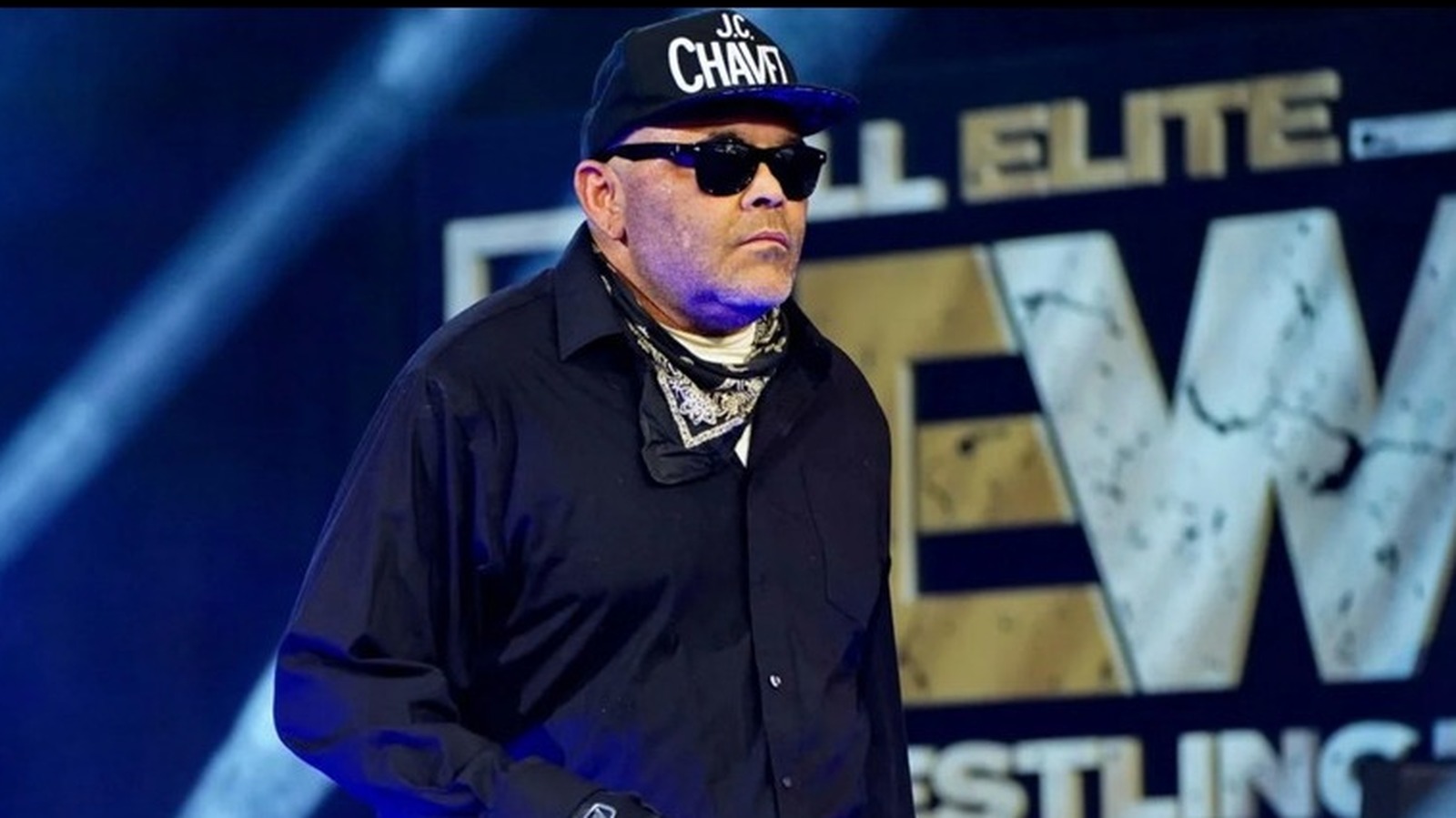Jobs
Editor’s Notes: Avoid wasteful scare tactics

First lady Nancy Reagan sits with students at Rosewood Elementary School in Los Angeles on Feb. 10, 1987, as they listen to a Project D.A.R.E. (Drug Abuse Resistance Education) presentation by Los Angeles police officer Greg Boles. (AP Photo/Nick Ut)
Just ahead of the holidays, the West Virginia First Foundation announced its initial round of grant funding out of the nearly $1 billion in opioid settlement money on which it sits. It gave out $10.4 million of the $19.2 million it could have distributed in that first effort.
Maybe that is a sign the expert panel is being exactly as discriminating as taxpayers would hope they would be with public money. If that is the case, let us hope the panel and foundation board members are transparent to a similar degree.
What I read of the initial disbursement included descriptions of youth prevention programs that brought to mind such efforts many decades ago.
Remember Just Say No, D.A.R.E., and the many comic book and Saturday morning cartoon attempts to prevent young people from abusing drugs?
Researchers have since determined those efforts simply didn’t do the job. They were, for the most part, scare tactics that came across as so authoritarian and exaggerated that many kids who might have been at-risk to begin with just ignored them (or, even worse, made fun of them).
Maybe such efforts have become more sophisticated since then, but I remember them being insulting and condescending — and I was one of the kids who very much still believed I needed to avoid whatever my teachers told me to avoid, but that had more to do with honest discussions my parents had with me than anything else.
“The most important tenet of drug education is to be honest,” professor Bonnie Halpern-Felsher told NPR. “And to have a balanced perspective. We cannot lie, we cannot exaggerate to teens.”
We also can’t pretend the world we are creating for them is full of sunshine and roses in perpetuity while simultaneously avoiding teaching them healthy coping mechanisms and making sure they have access to affordable mental health care.
In announcing that first round of awardees, Matthew Harvey, chairman of the foundation board, talked about the need to reinforce a message of hope, recovery, and progress for West Virginia communities.
THAT is the key. Money distributed by the foundation must go to evidence-based programs that have learned from the mistakes of the War on Drugs, AND some effort must go toward creating schools, health care facilities, local economies and a socio-cultural atmosphere where hope and progress are possible.
Please understand I am being extreme for effect, but it’s hard not to wonder what would have happened if the whole $1 billion had been pumped into education and economic development projects that built up communities to a degree that substance abuse had a harder time taking hold.
After all, these are some of the same folks who figured out how to make “COVID money” pay for a wide range of community projects that on the surface have nothing to do with preparing for or being able to fight a pandemic. They would have had an easier time justifying funding with opioid settlement money adult education and career transition courses that gave people hope for a better job and a better life in stricken communities.
And maybe that is coming. Maybe I am being unfair. And maybe that stems from personally knowing people who wore the D.A.R.E. shirts, drew the posters, wrote the essays and did all the right things in the prevention programs of my school days, and still ended up struggling, hopeless and addicted. I really do look forward to seeing this money make a difference. (And to reporters and the public having access to the decision-making process just as they would with any other government-created entity spending public money).
But I know I can’t be alone in holding my breath a little to see whether it makes a difference — whether we really are able to put West Virginia, and truly emerging from the grip of this monster, first.
Christina Myer is executive editor of The Parkersburg News and Sentinel. She can be reached via e-mail at cmyer@newsandsentinel.com










